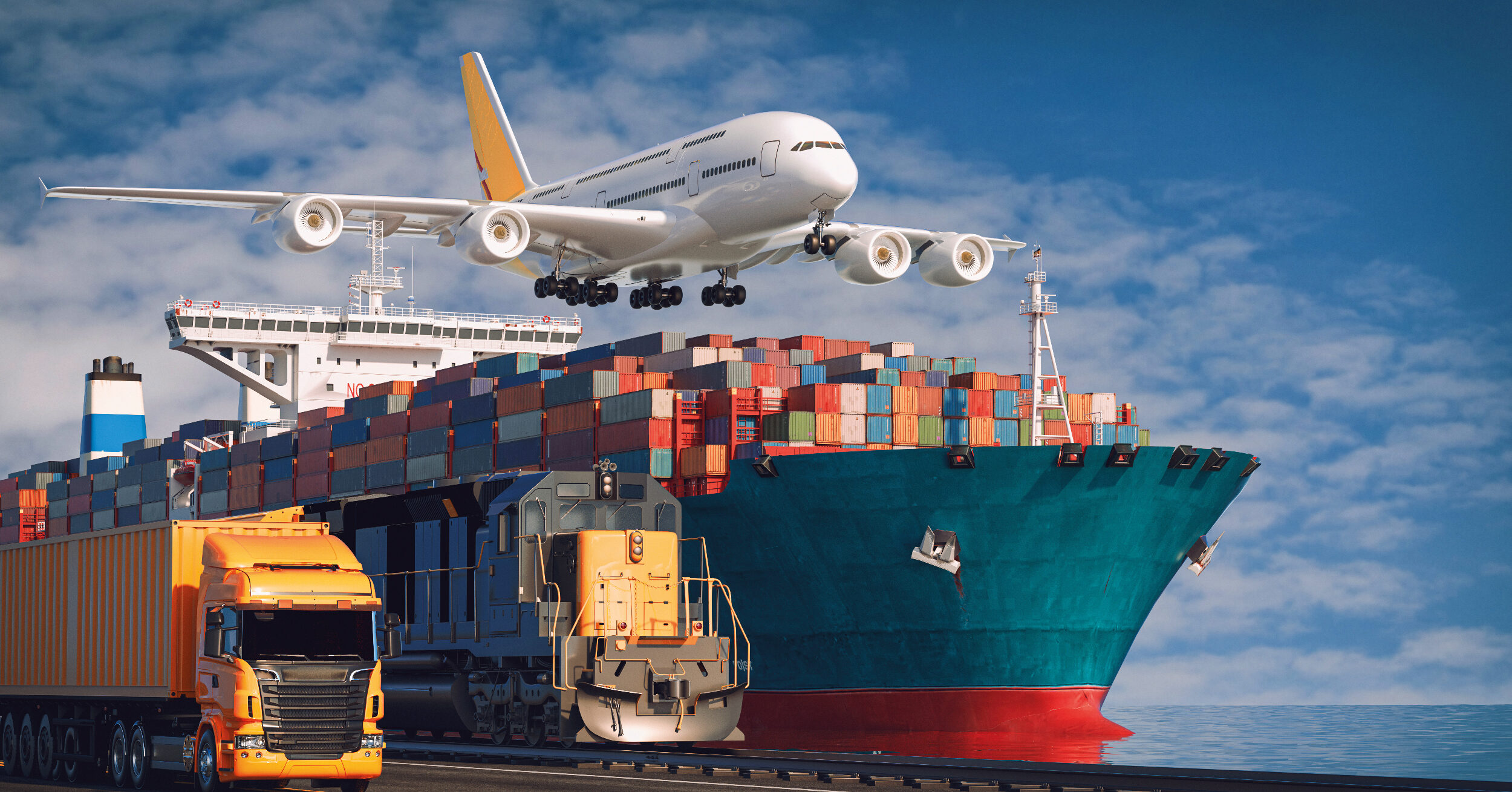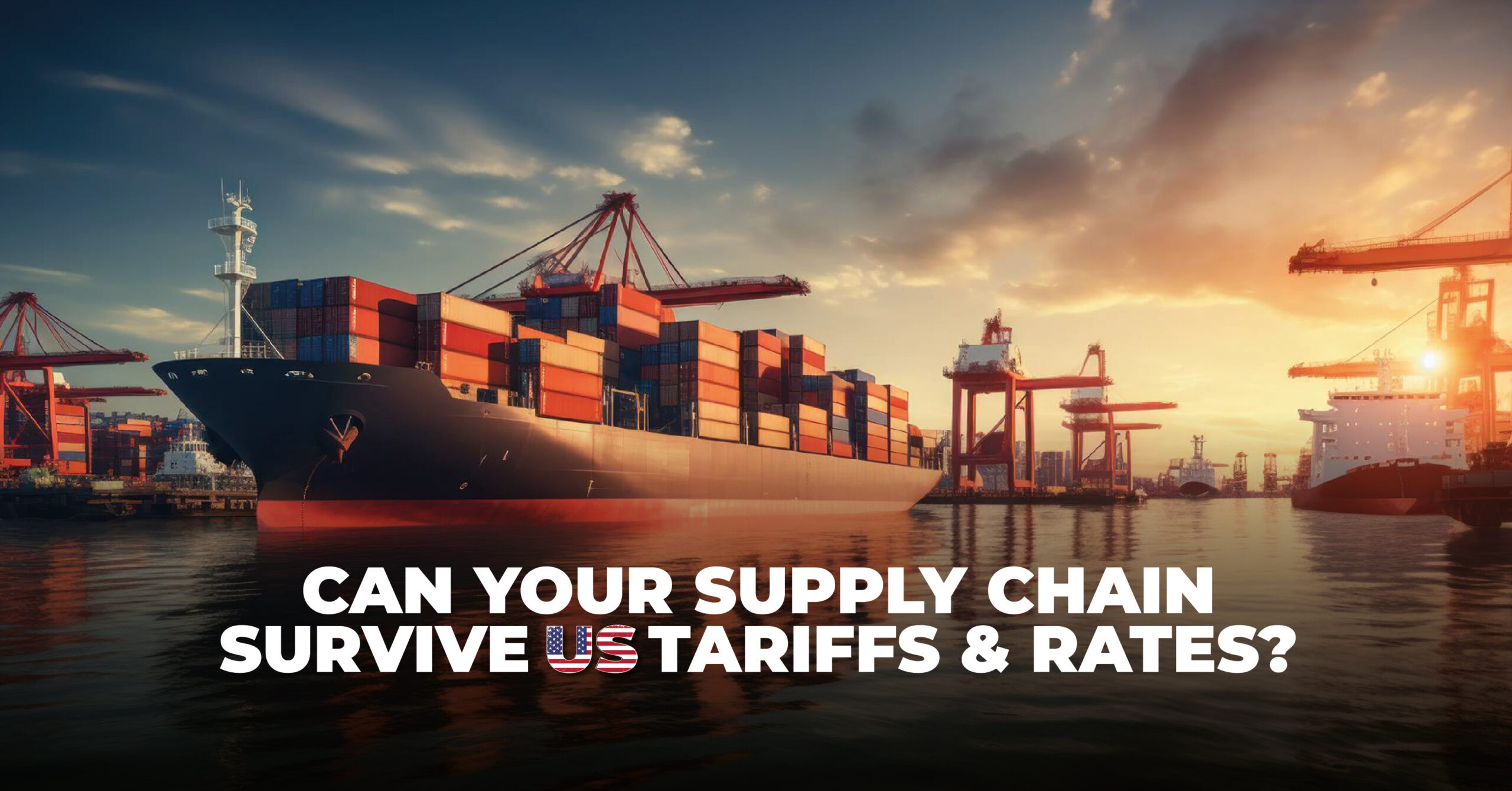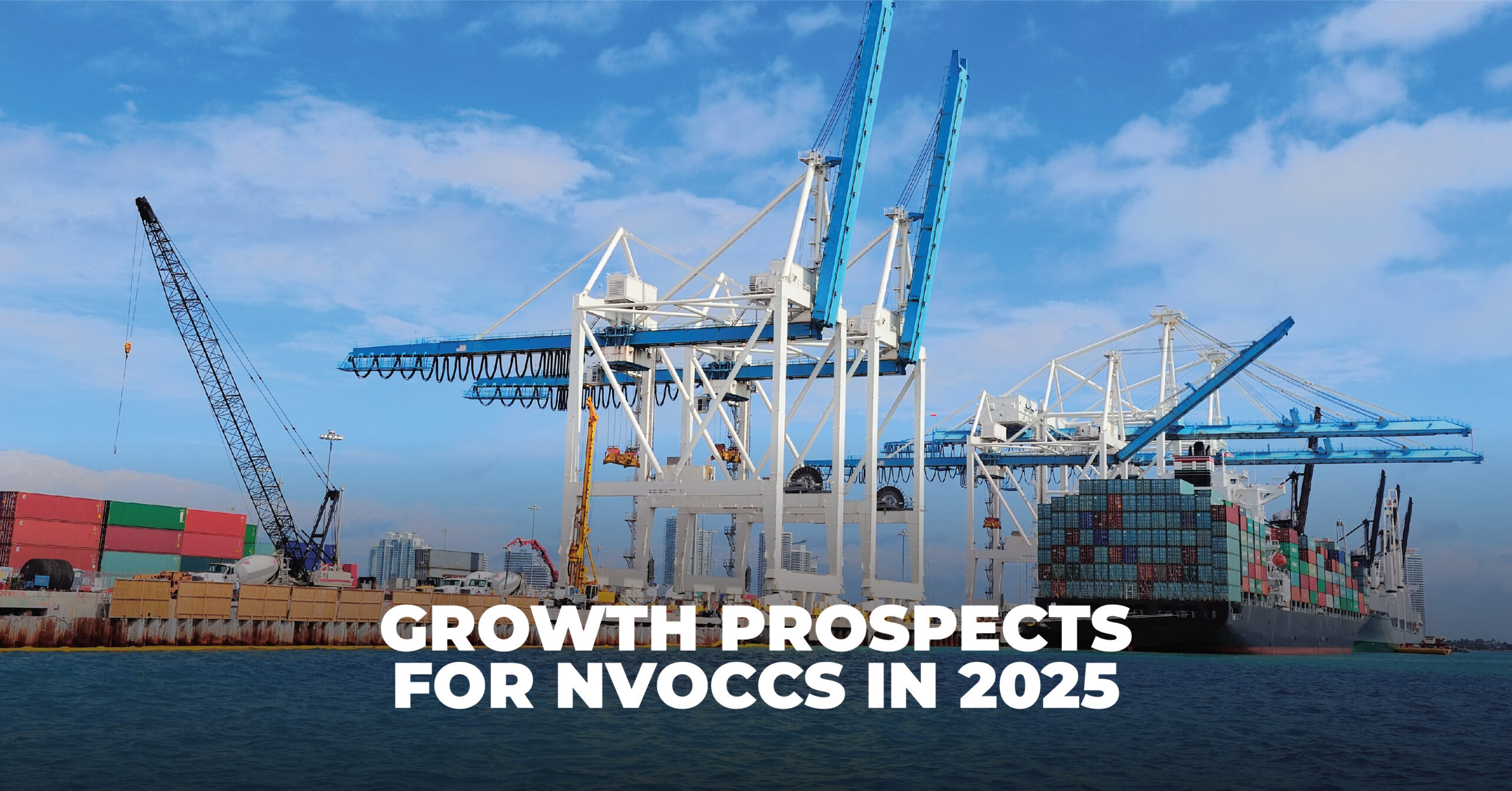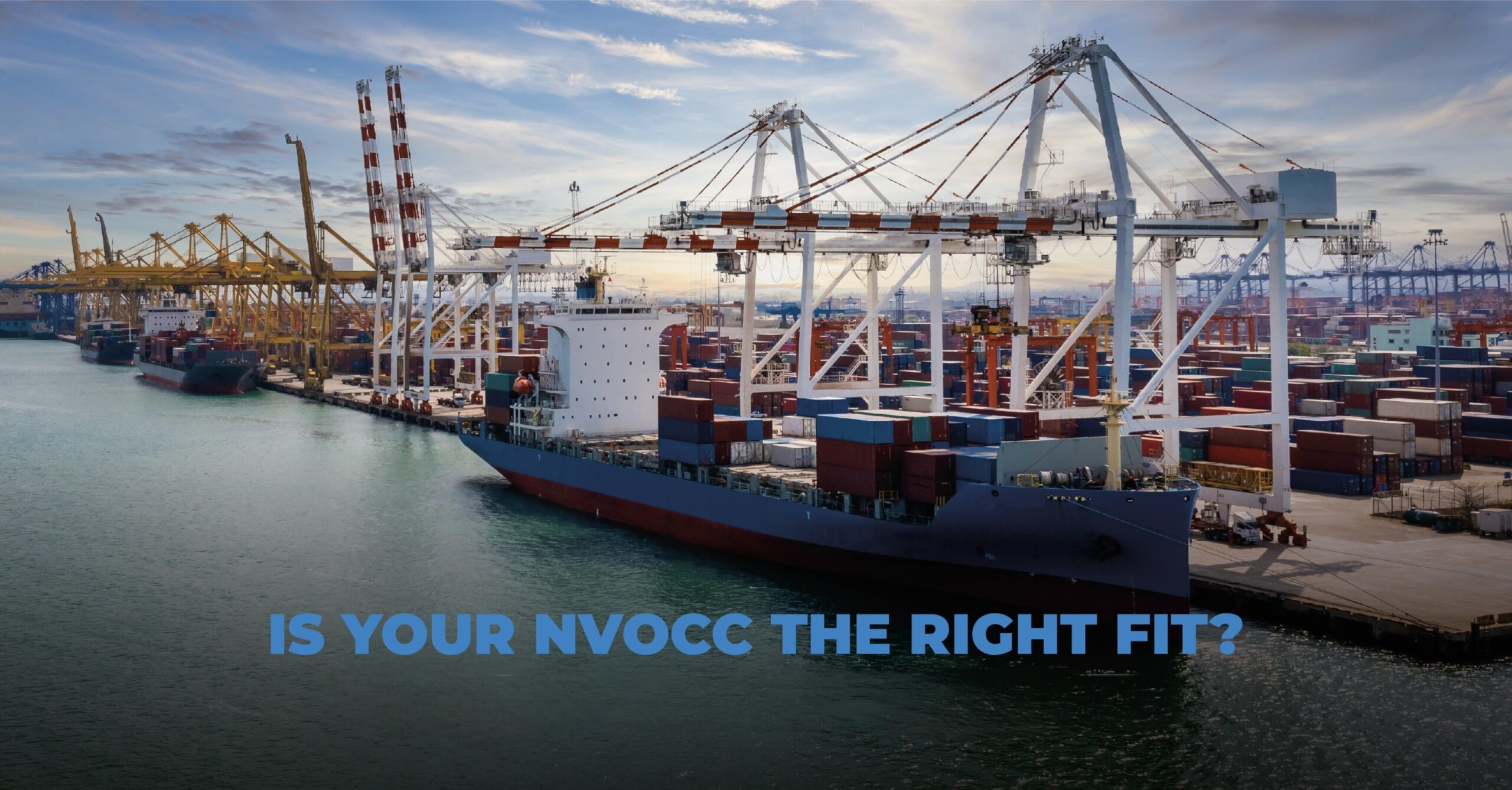In the fast-paced world of international trade, the seamless movement of goods is a critical factor for success. Transshipment, the process of transferring goods from one mode of transportation to another during their journey, plays a pivotal role in ensuring the efficiency and effectiveness of international shipments. This often-overlooked aspect of logistics is essential for leveraging specialized transportation modes, optimizing routes, and facilitating the smooth flow of goods across the global supply chain.
1. Specialized Transportation Modes:
One of the primary reasons transshipment is essential for international shipments is its ability to harness specialized transportation modes. Different modes of transport, such as ships, planes, trucks, and trains, offer unique advantages in terms of speed, cost, and capacity. Transshipment enables businesses to capitalize on these strengths by seamlessly transferring goods between modes to leverage the most efficient and cost-effective transportation at each leg of the journey.
For instance, ocean freight is ideal for large shipments over long distances, while air freight excels in delivering time-sensitive goods quickly. By strategically employing transshipment, businesses can tap into the strengths of various transportation modes, ensuring optimal efficiency and cost-effectiveness.
2. Route Optimization:
Transshipment acts as a strategic tool for route optimization, allowing businesses to design supply chain routes that minimize costs and maximize efficiency. It enables the creation of flexible and adaptive shipping routes that respond to dynamic factors such as weather conditions, geopolitical changes, and transportation constraints.
Moreover, transshipment hubs strategically located along major trade routes become crucial in redistributing goods efficiently. These hubs serve as central points where cargo can be transferred, sorted, and redirected onto the most efficient routes. This flexibility in routing ensures that disruptions are minimized, leading to reliable and timely deliveries.
3. Facilitating Supply Chain Movement:
In the complex web of global supply chains, the ability to facilitate the movement of goods seamlessly is paramount. Transshipment acts as a key facilitator by reducing delays and bottlenecks in the transportation process. It allows for the continuous movement of goods, preventing unnecessary storage and holding costs.
Transshipment hubs also serve as consolidation points, enabling the consolidation of smaller shipments into larger ones. This consolidation optimizes the use of available cargo space, leading to reduced transportation costs per unit. As a result, businesses can achieve economies of scale and enhance the overall efficiency of their supply chains.
Conclusion:
In conclusion, transshipment is not merely a logistical necessity; it is a strategic imperative for international shipments. By leveraging specialized transportation modes, optimizing routes, and facilitating the movement of goods across the supply chain, transshipment contributes significantly to the success of businesses engaged in global trade. As the world becomes more interconnected, the role of transshipment in ensuring the smooth flow of goods is set to become even more crucial, shaping the landscape of international logistics for years to come.
RSL Container Lines stands as a beacon of efficiency and reliability in the global shipping industry for over a decade. A leading provider of dry containers since its inception, today the company has an impressive fleet of 8000 TEUS that stands as a testament to excellence, comprising a blend of owned and leased units that guarantee unparalleled service. Whether it’s standard containers, specialised equipment, tanker containers, or reefer containers, our offerings are finely tuned to meet diverse shipping needs. Through advanced technology, customization, sustainability, global reach, and customer-centricity, the company has positioned itself as a key player in facilitating the seamless and secure movement of goods across borders. Despite the current tensions and challenges in the Red Sea, RSL Container Lines, as an industry-leading NVOCC, has consistently provided a smooth transshipment service to its trusted global logistics partners through Jebel Ali Port, UAE. Mr. Ronald Chandiram, the Managing Director of RSL Container Lines, emphasizes that the company remains steadfast in its commitment to delivering shipping solutions even in challenging circumstances. The RSL brand stands for its reputation as a solution provider in the global shipping industry, maintaining excellence even when the seas are rough.






